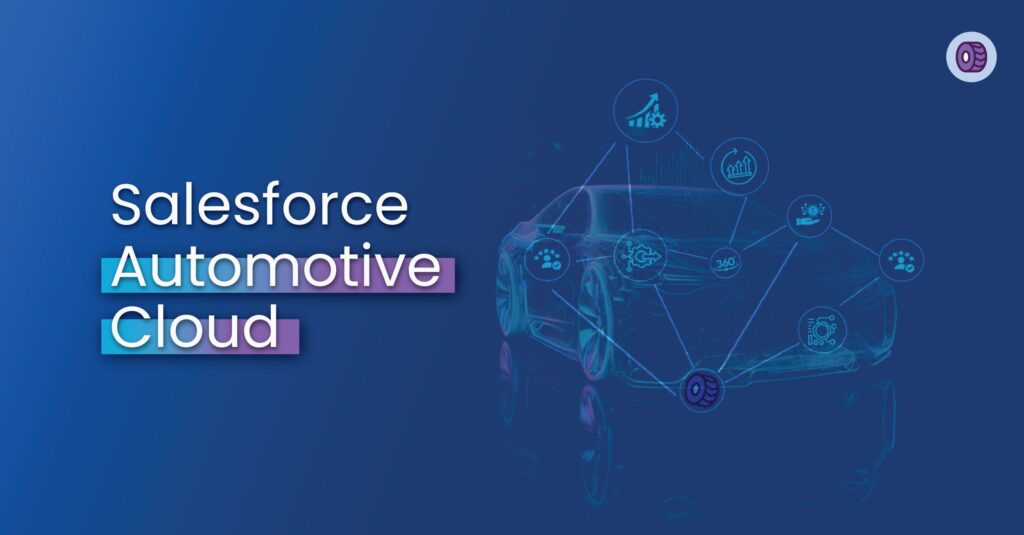
In 2022, customers are more selective than ever about the brands they choose. If a brand fails to offer a seamless experience across all touchpoints—such as social media, mobile platforms, showrooms, and the car purchase process—it will struggle to maintain customer loyalty. This is where Automotive CRM comes in. Designed specifically for the automotive industry, this software provides complete visibility into customer activities, allowing businesses to tailor personalized sales journeys. By leveraging data across multiple touchpoints like social media, websites, and service visits, Automotive CRM helps businesses engage customers, build stronger connections, and enhance relationships. It supports car dealerships, manufacturers, and service providers in managing customer interactions throughout the entire journey—from initial research to post-purchase support. Automotive CRM streamlines sales, marketing, and service processes, improving communication and operational efficiency. Ultimately, it helps businesses turn one-time buyers into repeat customers, fostering long-term loyalty and creating brand advocates.
Using Salesforce for the automotive industry offers a range of powerful benefits that can enhance customer relationships, streamline operations, and drive business growth. Here are the key benefits of using Salesforce in the automotive sector:
In summary, Salesforce offers automotive businesses a powerful CRM platform that enhances customer engagement, boosts sales efficiency, and streamlines service and operations. By providing a 360-degree view of customers, automating key processes, and delivering actionable insights, Salesforce helps automotive companies drive growth, increase customer loyalty, and stay competitive in an increasingly digital marketplace.


Customer 360° View:
Service and Maintenance Management:
Customer Retention and Loyalty Programs:
Inventory Management:
Marketing Automation:

In 2022, customers are more selective than ever about the brands they choose. If a brand fails to offer a seamless experience across all touchpoints—such as social media, mobile platforms, showrooms, and the car purchase process—it will struggle to maintain customer loyalty. This is where Automotive CRM comes in. Designed specifically for the automotive industry, this software provides complete visibility into customer activities, allowing businesses to tailor personalized sales journeys. By leveraging data across multiple touchpoints like social media, websites, and service visits, Automotive CRM helps businesses engage customers, build stronger connections, and enhance relationships. It supports car dealerships, manufacturers, and service providers in managing customer interactions throughout the entire journey—from initial research to post-purchase support. Automotive CRM streamlines sales, marketing, and service processes, improving communication and operational efficiency. Ultimately, it helps businesses turn one-time buyers into repeat customers, fostering long-term loyalty and creating brand advocates.

Using Salesforce for the automotive industry offers a range of powerful benefits that can enhance customer relationships, streamline operations, and drive business growth. Here are the key benefits of using Salesforce in the automotive sector:
In summary, Salesforce offers automotive businesses a powerful CRM platform that enhances customer engagement, boosts sales efficiency, and streamlines service and operations. By providing a 360-degree view of customers, automating key processes, and delivering actionable insights, Salesforce helps automotive companies drive growth, increase customer loyalty, and stay competitive in an increasingly digital marketplace.

Customer 360° View:
Service and Maintenance Management:
Customer Retention and Loyalty Programs:
Inventory Management:
Marketing Automation:
Copyright © 2025 Briskminds | All Rights Reserved